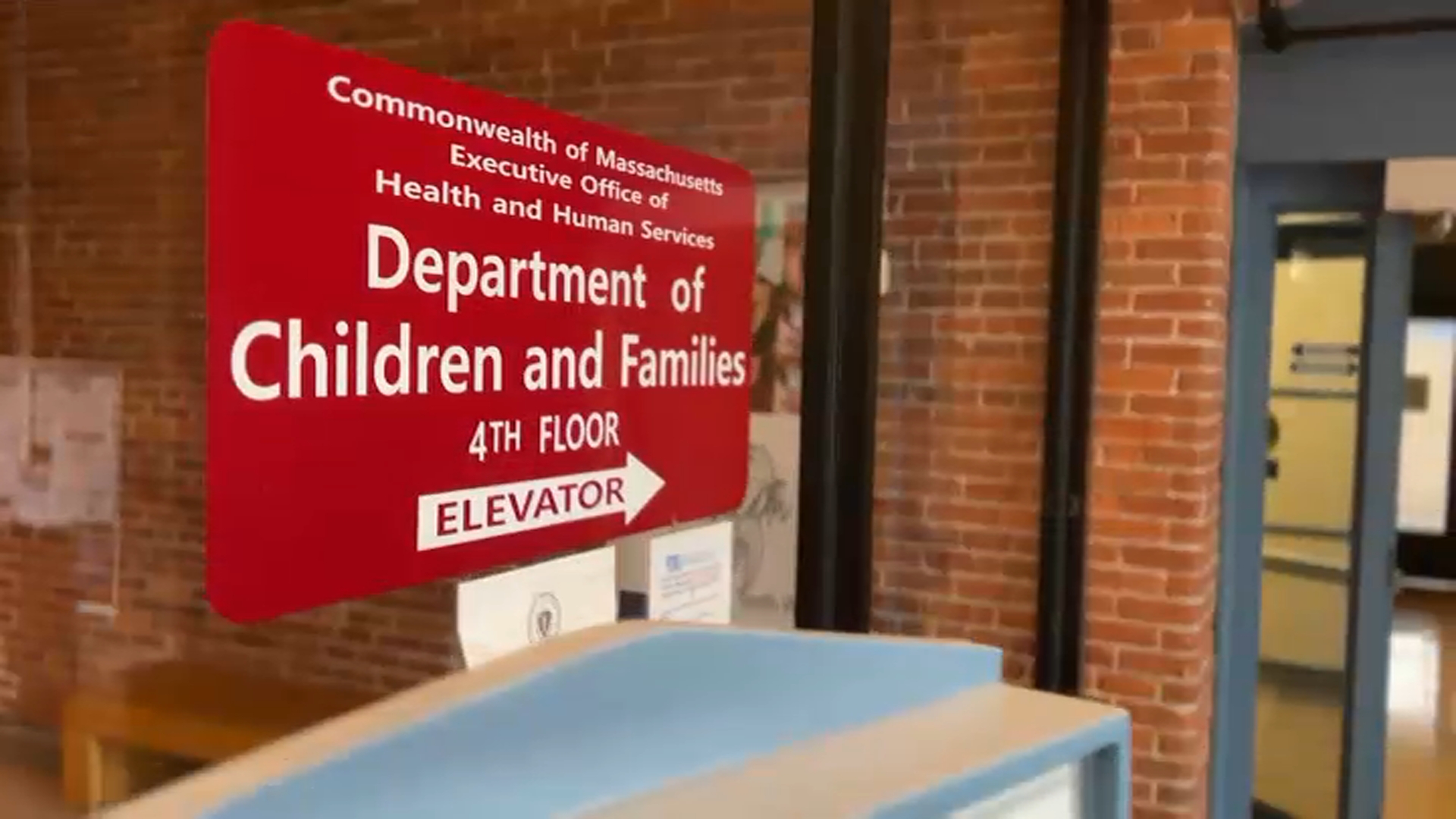The Massachusetts Senate approved legislation early Friday that calls for the most sweeping overhaul of the state's criminal justice system in decades.
The Democratic-controlled Senate voted 27-10 in support of the bill around 1:30 a.m. following hours of debate on dozens of proposed amendments.
The measure, which still faces several more hurdles in the Legislature, eliminates most mandatory minimum sentences for drug offenders while also increasing penalties for trafficking in fentanyl, a synthetic opioid blamed for escalating the opioid addiction epidemic.
The 113-page bill would revamp the state's bail procedures, lower court fees and fines for low-income defendants and raise the threshold for felony larceny from $250 to $1,500 -- a move that could result in more thefts being charged as misdemeanors.
Other provisions would change how children and young adults are treated in the court system and how solitary confinement is used in state prisons.
Senate leaders framed the legislation as an attempt to provide alternatives to incarceration and lower the number of people who return to prison after committing new crimes. If approved, it would continue a pivot for the state away from tougher sentencing laws that emerged during the so-called "war on crime" in the latter part of the 20th century.
Those laws had a disproportionate impact on minorities and poor people, supporters of the bill said.
Local
In-depth news coverage of the Greater Boston Area.
"We have to lift people up, not lock people up," said Democratic Sen. William Brownsberger, co-chair of the Legislature's Judiciary Committee, at the outset of Thursday's debate.
Critics of the Senate approach contended that Massachusetts already has lower rates of overall crime and incarceration than the U.S. as a whole.
A majority of the state's district attorneys wrote to Senate leaders this week objecting to key aspects of the bill, arguing it "largely ignores the victims of crime, and puts at risk the undeniable strides and unparalleled success of Massachusetts' approach to public safety and criminal justice for at least the last 25 years."
Republican Gov. Charlie Baker has criticized language in the bill that could result in early release from prison for convicted heroin dealers.
Noting it could be months before the massive criminal justice bill reaches his desk -- the House is expected to write and act on its own version -- Baker on Thursday urged lawmakers to take immediate steps to address the deadly influx of fentanyl and carfentanil, an even more potent synthetic drug that has surfaced in Massachusetts in recent months.
In an interview with The Associated Press, the governor pointed to a report issued Monday by the federal Drug Enforcement Administration showing that among U.S. states, Massachusetts was second only to Ohio in the number of fentanyl-related seizures and arrests in 2016.
Baker has filed several proposals including ones that would add fentanyl to existing heroin trafficking laws, and allow the state to automatically classify dangerous new drugs such as carfentanil in accordance with federal law, without having to first change state law.
"I would really like to see these guys get this done right now," Baker said of lawmakers.
Several provisions of the Senate bill seek new approaches to dealing with youthful offenders. It would raise from 18 to 19 the age at which defendants are automatically treated as adults, decriminalize certain student behavior such as disrupting a school assembly, and exclude from statutory rape laws consensual sex between minors close in age.



